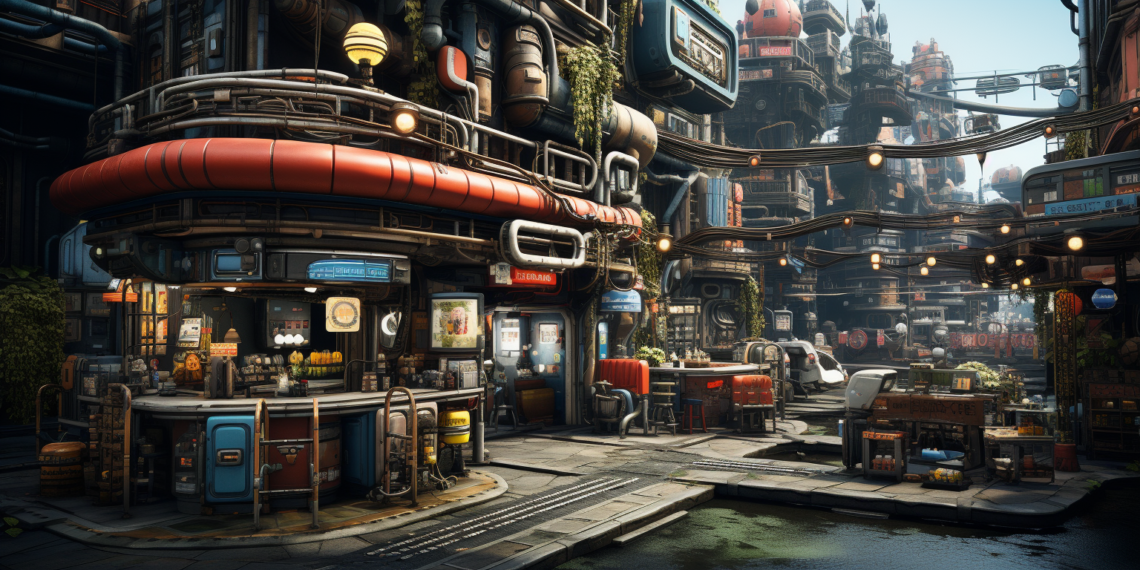Researchers from Oulu University in Finland and Futurewei Technologies in the USA have developed a breakthrough Adaptive Artificial Intelligence (AI) technology, aimed at facilitating robust and efficient communication within the rapidly evolving Metaverse. The research focuses on using Deep Reinforcement Learning (DRL) and Continual Learning (CL) to optimize network access in multi-channel environments, addressing the limitations of existing technologies that struggle to adapt to the Metaverse’s highly dynamic nature.
The team has introduced a new algorithm, termed CL-DDQL (Continual Learning-Double Deep Q-Learning), which improves throughput rates and reduces convergence times compared to existing methods. In the CL-DDQL model, multiple User Equipments (UEs) vie for access to various frequency channels, with the algorithm’s intelligent agent designed to make real-time, efficient decisions that maximize throughput by selecting idle time slots. This adaptability is given the high-bandwidth and ever-changing conditions of Metaverse environments.
Extensive numerical simulations were conducted to evaluate the CL-DDQL’s performance, revealing marked improvements in throughput, collision rate, and convergence time. Notably, the algorithm displayed exceptional resilience to frequent context changes, making it highly suitable for dynamic Metaverse applications. Looking ahead, the research team plans to extend their work to non-stationary channels with varying state probability distribution functions and explore its applications in semantically-aware scenarios.
The CL-DDQL algorithm represents a significant step forward in wireless communications, particularly in the complex and dynamic context of the Metaverse. By achieving higher throughputs and shorter convergence times, the research brings us closer to the realization of self-sustaining, highly efficient 6G networks.
Read full paper – https://arxiv.org/abs/2309.10177






